My friend Randy was a really nice kid and a natural leader–smart, focused, creative, bold, able, and he really knew how to present himself in a pleasing manner, whether to child or adult. I was lucky to have known him, to be his neighbor, to be his friend.
As it turned out, he was a testament to the fact that sometimes the apple drops really, really far from the tree, and often it’s a good thing it does. His parents were clueless, self-involved, mean-spirited, and, luckily for me, distant. He was no more like them than he was like any random pair of adults you might pick out of a line-up.
Being his friend, I had occasion to go to his house from time to time. I mean, he came to mine a couple of times a week. When he’d come over, he’d be so ingratiating, so grateful for any little kindness shown to him. My Mom thought he was the greatest kid ever. And he was.
But sometimes he and I would have to go to his house. He’d get an idea for something he wanted to do, remember something he needed at home to make it happen, and that was that; no matter what he had to deal with once he got there, he’d go. It was real simple for him on that level.
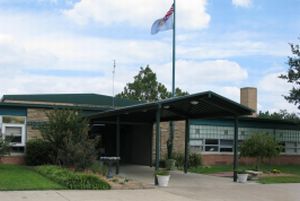 This would have happened in the late 1950s, just after my fifth grade year at
This would have happened in the late 1950s, just after my fifth grade year at 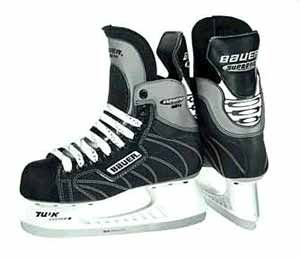 Oklahoma has freakish
Oklahoma has freakish  I remember only one event from my time there. It occurred in the cafeteria, which, like the rest of the school, was utterly silent and orderly at all times. The
I remember only one event from my time there. It occurred in the cafeteria, which, like the rest of the school, was utterly silent and orderly at all times. The  Kindergarten
Kindergarten 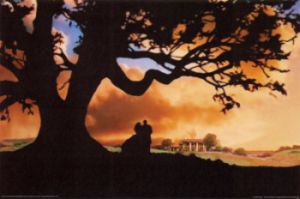 My mother had lived for a while in the south and had read a lot of
My mother had lived for a while in the south and had read a lot of 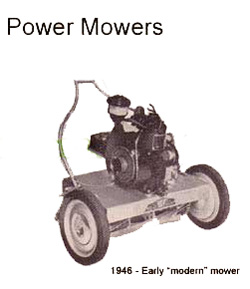 Until I was four years old, we lived next to my grandparents just south of
Until I was four years old, we lived next to my grandparents just south of 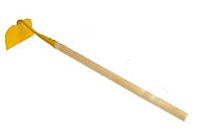 My sister and I were playing in the sandbox behind our house. She was a year younger than I, and for the most part we played together without any tension or problem between us. At a certain point, however, I realized that she had raised a toy
My sister and I were playing in the sandbox behind our house. She was a year younger than I, and for the most part we played together without any tension or problem between us. At a certain point, however, I realized that she had raised a toy  I finally have come to terms with my misgivings about the
I finally have come to terms with my misgivings about the